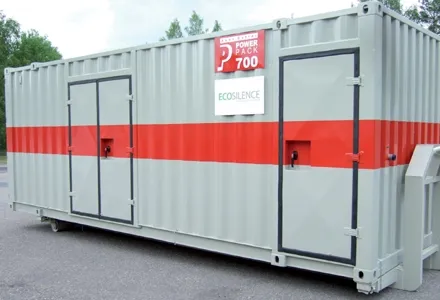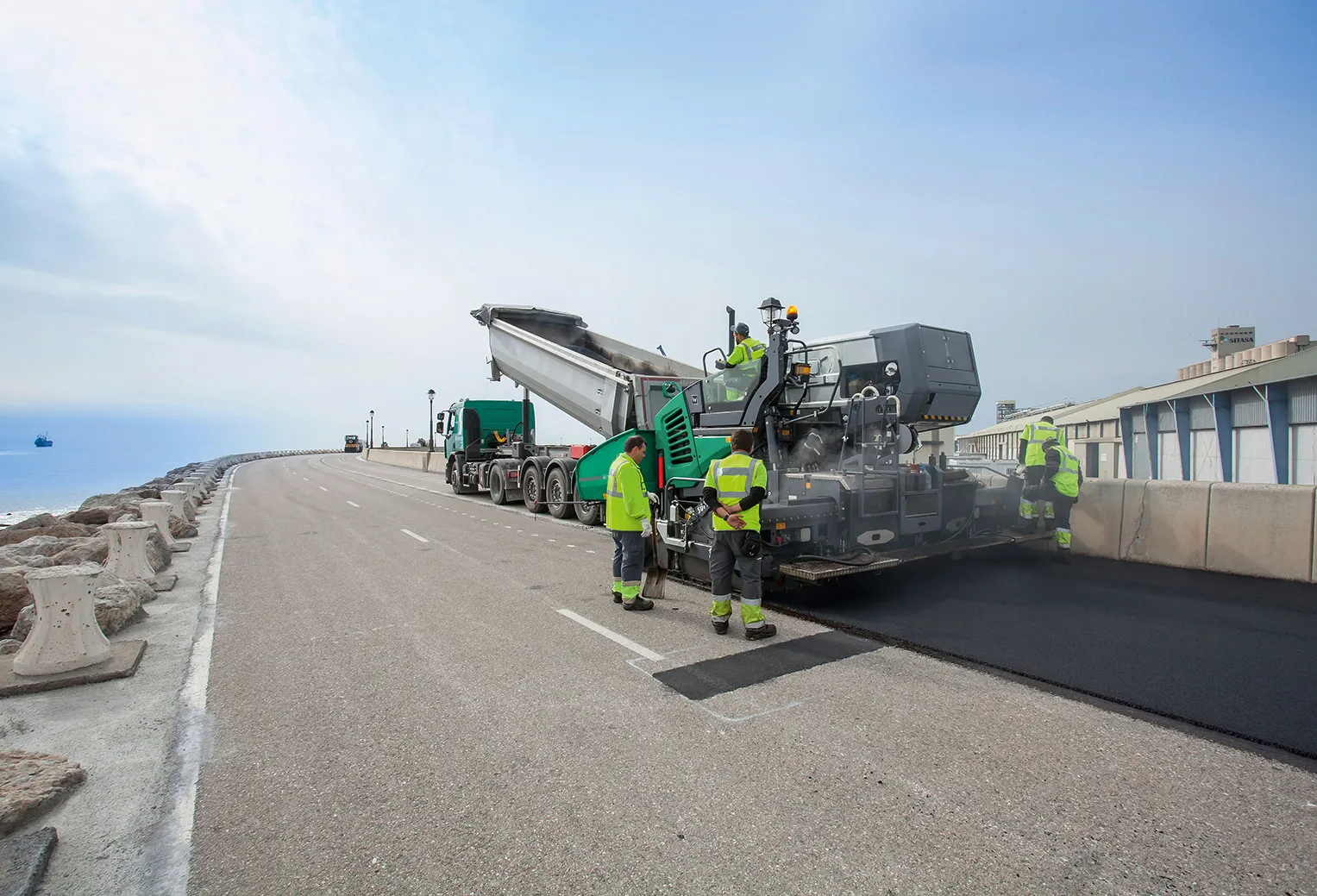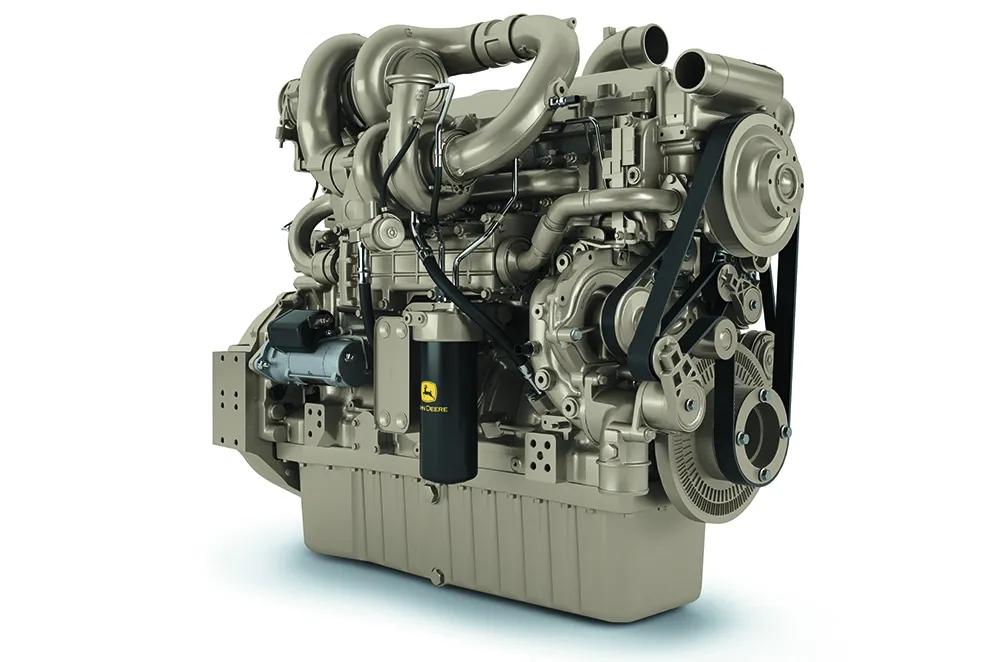Hydrodemolition specialist Aquajet is offering an improved, low-noise power pack for its equipment. Redesigned to meet tough restrictions on noise emissions for equipment used in urban locations, the power pack is also more economical on fuel, an important point given fast rising fuel costs. The firm's hydrodemolition unit is aimed at concrete scarification and removal, and the noise levels from the new Ecosilence Power Pack are so low that normal conversation can continue alongside as it operates. Accordin
July 30, 2012
Read time: 2 mins

Hydrodemolition specialist 2784 Aquajet is offering an improved, low-noise power pack for its equipment.
Redesigned to meet tough restrictions on noise emissions for equipment used in urban locations, the power pack is also more economical on fuel, an important point given fast rising fuel costs.
The firm's hydrodemolition unit is aimed at concrete scarification and removal, and the noise levels from the new Ecosilence Power Pack are so low that normal conversation can continue alongside as it operates.
According to Aquajet, the power pack generates 66.5dB, at least 10dB lower than conventional models (conventional units generate noise levels from 78dB-82dB, depending on the manufacturer and application).
Ecosilence Power Pack's reduced fuel consumption is claimed to save an estimated €35,000/year in typical operation. Conventional power packs use from 105-120litres/hr of fuel: the improved Ecosilence unit uses just 70litres/hr when producing a flow rate of 189litres/min at 1000bar at 73% power.
Improvements include a 40% increase in sound insulation with tailor-made seals for doors and hatches to cut noise propagation and acoustic surface treatment and sound-absorbing insulation to reduce noise and vibrations in the sides.
The Ecosilence powerpack has a sophisticated heat exchange system in place of conventional cooling as well as a new exhaust silencer. Other improvements include a new vibration dampener as well as upgrades to internal pipes, hoses and tubing.
Power now comes from a783 Volvo Penta marine diesel engine, which delivers a high torque range from 1,100-1,800 rpm, as well as having low noise characteristics and high fuel efficiency. The high pressure water output is from a 522kW plunger pump.
Redesigned to meet tough restrictions on noise emissions for equipment used in urban locations, the power pack is also more economical on fuel, an important point given fast rising fuel costs.
The firm's hydrodemolition unit is aimed at concrete scarification and removal, and the noise levels from the new Ecosilence Power Pack are so low that normal conversation can continue alongside as it operates.
According to Aquajet, the power pack generates 66.5dB, at least 10dB lower than conventional models (conventional units generate noise levels from 78dB-82dB, depending on the manufacturer and application).
Ecosilence Power Pack's reduced fuel consumption is claimed to save an estimated €35,000/year in typical operation. Conventional power packs use from 105-120litres/hr of fuel: the improved Ecosilence unit uses just 70litres/hr when producing a flow rate of 189litres/min at 1000bar at 73% power.
Improvements include a 40% increase in sound insulation with tailor-made seals for doors and hatches to cut noise propagation and acoustic surface treatment and sound-absorbing insulation to reduce noise and vibrations in the sides.
The Ecosilence powerpack has a sophisticated heat exchange system in place of conventional cooling as well as a new exhaust silencer. Other improvements include a new vibration dampener as well as upgrades to internal pipes, hoses and tubing.
Power now comes from a








